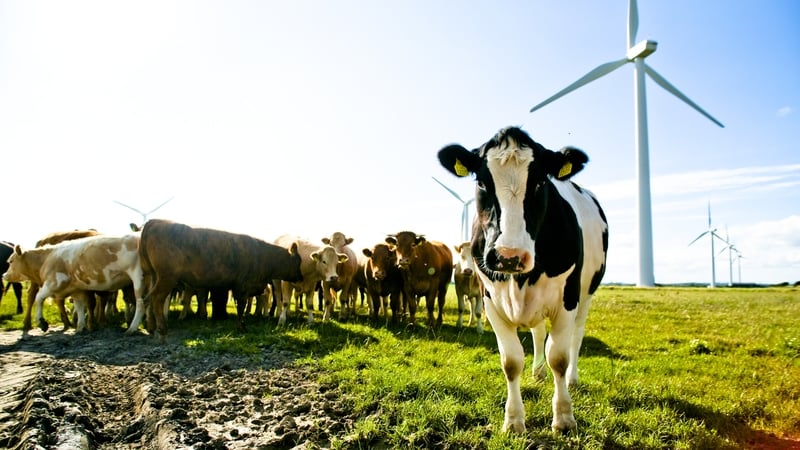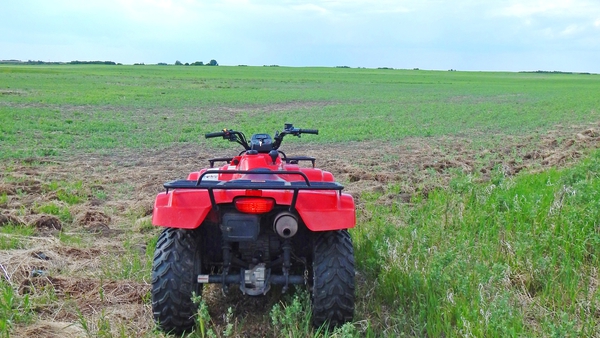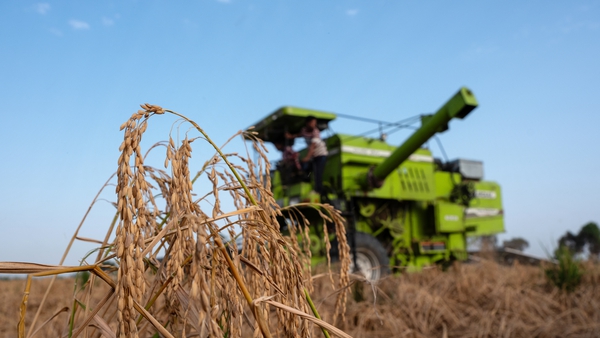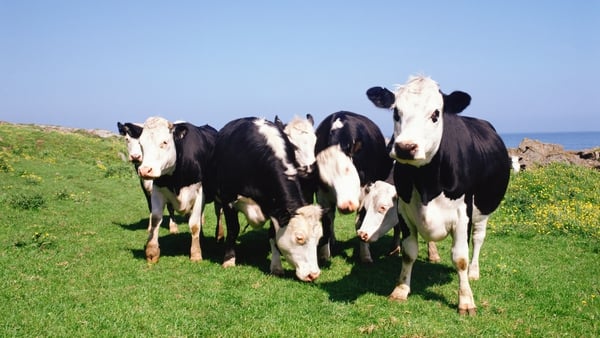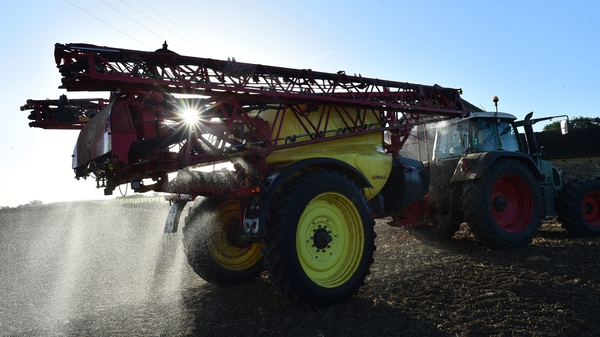'Science in action' in the agri-sector is the theme of a climate and agriculture conference taking place in Dublin.
Delegates, policymakers and politicians are set to hear about scientific innovations, that will help the Irish farming sector on its journey towards carbon efficiency.
Among the innovations that will be showcased are breeding cattle that produce less emissions, and reach processing age faster; better and more efficient management of pastureland so artificial fertiliser usage can be cut; and when it come to the subject of methane, the powerful greenhouse gas produced by cattle and sheep, the addition of feed additives to animal diet to get emissions down.
Professor Sinéad Waters is the principal research scientist with Teagasc and will present positive research findings in this regard.
"We are very excited about initial results of feed additive trials. There has been major progress with a range of additives to reduce enteric methane emissions. We have evaluated them in Teagasc in various trials.
"To be successful feed additives need to consistently reduce methane, be safe, be cost effective and leave no residues in meat or milk products and have no negative effects on animal performance."
Prof Waters said trials show reductions in methane emissions of between and 7% and 30% can be achieved.
"Trials carried out in Teagasc show that one product, Bovaer, reduces methane by 30% in beef cattle indoors with no negative impacts on performance and research also shows that methane can be reduced by 7% when it is fed to grazing animals twice daily during milking.
"Another additive developed by a Galway company reduced methane by 28% when fed twice daily to beef bulls and there were no negative effects on performance. This feed additive can be formulated into pelleted feed which is a major advantage for delivery."
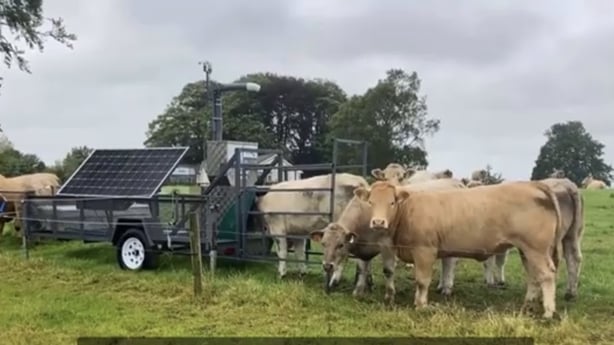
Prof Waters said they are now finalising peer-reviewed international papers on their studies and the next stage is to ensure additives have full regulatory approval by the EFSA to they can be used by farmers in Ireland.
"Our research continues to focus on developing slow-release feed additives and bolus technology for the delivery of effective feed additives to grazing cattle."
The science conference comes as pressure remains on the farming community to reduce sectoral greenhouse gas emissions by 25% over 2018 levels by the end of this decade.
According to latest data from the Environmental Protection Agency (EPA), agriculture accounted for 38.4% of the country’s overall emissions last year. In fact, that figure was down 1.4% on the previous year, because of a steep drop in the use of artificial fertiliser, but whether or not the full reduction can be achieved on time remains in question.
Last June, the EPA forecast agriculture emissions will decrease by between 4% and 20% by 2030. The 20% figure is based on widespread adoption of the very topics being presented at today’s conference.
